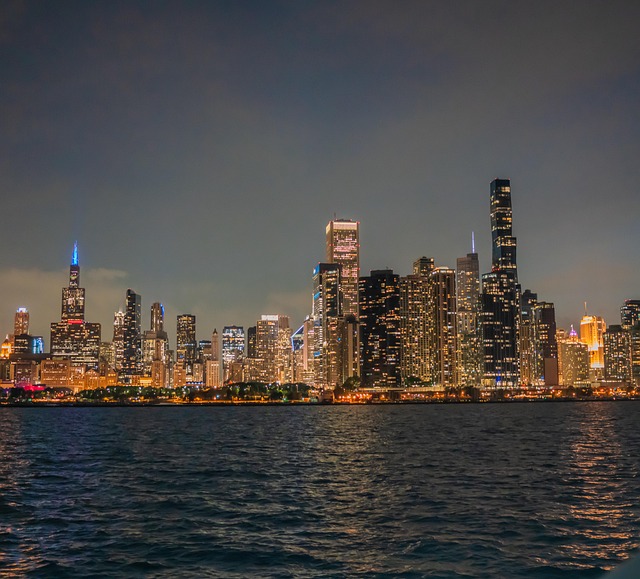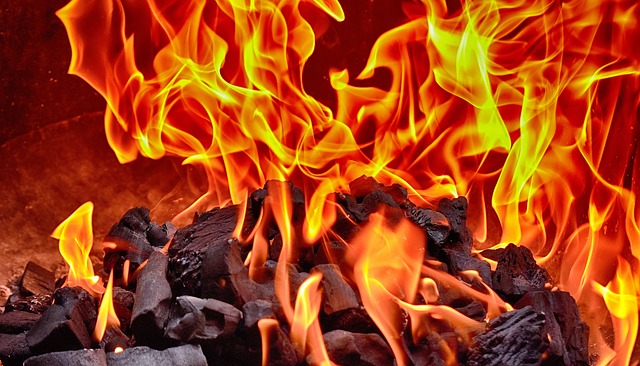Selling a fire-damaged home in Chicago involves navigating complex property valuation, legal processes, and buyer concerns. Experts assess damage, considering repair costs, fire severity, property age, and local housing demand to determine fair market value. Homeowners must disclose all damages transparently, follow local real estate laws, and prepare with accurate data for negotiations. Strategic repairs, open communication, competitive pricing, and staging can successfully sell fire-damaged properties in Chicago's competitive market.
After a devastating fire, property valuation in Chicago becomes a complex process. This article guides you through the intricate world of post-fire assessments, focusing on Chicago’s unique market dynamics. We explore the effects of fire damage on property values, legal aspects of selling, and provide a step-by-step framework for accurate valuation. Additionally, we highlight common pitfalls to avoid when selling a fire-damaged home in Chicago, offering valuable insights for an informed decision.
- Understanding Post-Fire Property Valuation in Chicago
- The Impact of Fire Damage on Home Value
- Legal Considerations for Selling a Fire-Damaged Home
- Step-by-Step Guide to Valuing Your Property After a Fire
- Common Mistakes to Avoid When Selling a Damaged Home
- Market Trends and Tips for Selling in Chicago's Post-Fire Landscape
Understanding Post-Fire Property Valuation in Chicago
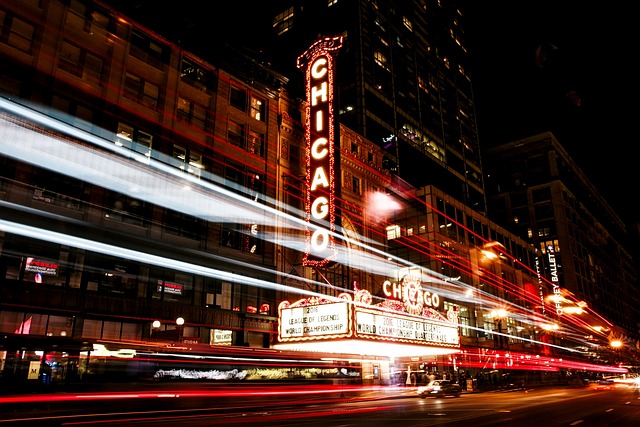
After a fire, property valuation in Chicago can be a complex process. Homeowners face the daunting task of navigating the challenges of selling a fire-damaged home. This involves understanding the unique dynamics of the local real estate market and the specific impacts of fire damage on property value.
In Chicago, post-fire property valuation requires an extensive assessment. Experts consider not just the physical repairs needed but also factors like the severity of the fire, the age of the property, and the overall demand for housing in the area. Accurately evaluating a home ensures fair compensation for homeowners and facilitates a smooth transition as they rebuild or relocate.
The Impact of Fire Damage on Home Value
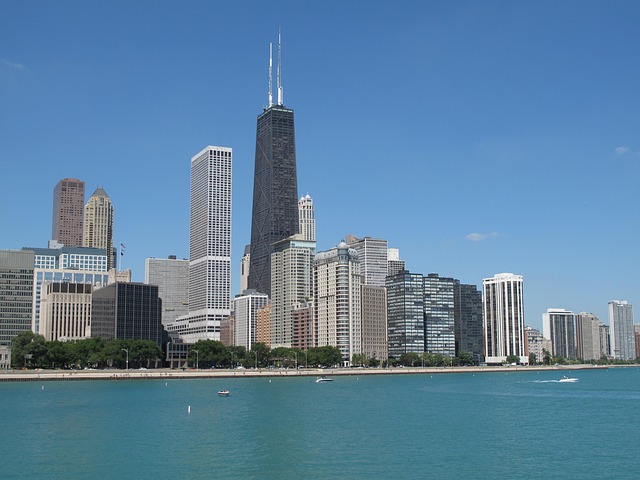
Fire damage can significantly impact a property’s value, particularly in densely populated areas like Chicago. When a fire strikes, it leaves behind not just physical destruction but also a trail of emotional and financial stress for homeowners. The extent of this impact varies depending on several factors. The severity of the fire, the type of damage sustained, and the speed of cleanup and renovation works play crucial roles in determining the home’s future value.
In Chicago, where real estate is a significant investment, selling a fire-damaged property can be challenging. Prospective buyers often view fire damage as a red flag, anticipating hidden costs and potential structural issues. However, with proper documentation of repairs and a transparent approach, homeowners can navigate this challenge. A thorough assessment by professionals and a well-planned renovation strategy can help restore the home’s value, making it an attractive option for buyers in the market.
Legal Considerations for Selling a Fire-Damaged Home

Selling a fire-damaged home in Chicago involves navigating complex legal considerations. Homeowners must disclose any damage caused by the fire to potential buyers, providing detailed reports and assessments. Failure to do so can lead to legal repercussions, including claims of fraud if the buyer later discovers hidden damages not reflected in the sale agreement.
In Chicago, specific laws govern real estate transactions, and selling a fire-damaged property is no exception. Homeowners should consult with real estate attorneys who specialize in these matters to ensure compliance with local regulations. This process includes understanding fair market value assessments, insurance settlements, and potential tax implications related to the sale of a damaged property.
Step-by-Step Guide to Valuing Your Property After a Fire
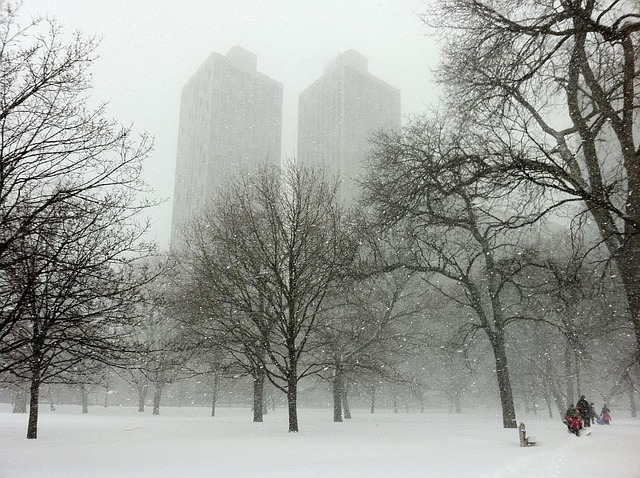
After a fire, assessing and valuing your property in Chicago can be a complex process. Here’s a step-by-step guide to help you navigate this challenging time:
1. Safety First: Ensure the area is safe before entering the property. If it’s not safe, contact professionals for assistance. Assess any structural damage and address immediate hazards to prevent further loss.
2. Document Damage: Take detailed photos and videos of the fire damage. Keep records of all repair estimates and communications with insurance providers or contractors. This documentation will be crucial when selling a fire-damaged home Chicago.
3. Consult an Expert: Engage a certified appraiser who has experience in post-fire property valuation. They can provide an unbiased assessment, taking into account the extent of damage, rebuilding costs, and current market trends specific to Chicago.
4. Compare Market Values: Research recent sales data for similar properties in your area that have undergone rehabilitation. This will give you a realistic understanding of what a selling fire damaged home Chicago might fetch in today’s market.
5. Prepare for Negotiation: Be prepared to negotiate the property value. Insurers and buyers may offer lower initial figures, so having accurate data from comparable sales and expert assessments will empower you during these discussions.
Common Mistakes to Avoid When Selling a Damaged Home
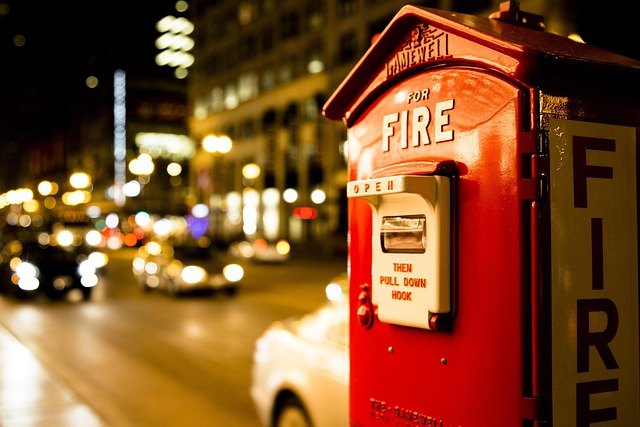
When selling a fire-damaged home in Chicago, it’s crucial to be aware of common pitfalls that can devalue your property or prolong the sales process. One major mistake is attempting to sell without proper repairs and restoration. While quick sales may be enticing, buyers often scrutinize fire damage, and unsightly remnants can deter potential purchasers. It’s essential to address all visible scars, from charred walls to smoke-stained ceilings, to present a seamless front.
Another error is underestimating the emotional impact of such events. Fire can leave an indelible mark on both structures and memories. Sellers may overlook the need for professional restoration or fail to disclose hidden damage, which could lead to legal issues down the line. Transparency and honesty about the property’s history are key to fostering trust with buyers.
Market Trends and Tips for Selling in Chicago's Post-Fire Landscape

After a fire, navigating the real estate market in Chicago can seem daunting, but understanding current trends and strategies is key for sellers. The post-fire landscape presents unique challenges, such as potential insurance adjustments and buyer concerns about repairs. However, there are also opportunities; many buyers seek affordable housing, and a well-presented fire-damaged home could attract those looking for a renovation project.
To successfully sell your fire-damaged Chicago property, consider these tips: stage the home to showcase its potential, emphasizing livable spaces; disclose relevant information openly and honestly; offer competitive pricing to generate interest; and work with experienced real estate professionals who understand the post-fire market dynamics. Remember, a proactive approach and a well-presented home can lead to a swift sale in Chicago’s ever-changing real estate environment.
Post-fire property valuation in Chicago requires a nuanced approach, balancing legal considerations with market trends. Understanding the impact of fire damage on home value is crucial for homeowners looking to sell their fire-damaged properties in Chicago. By following a step-by-step guide and avoiding common mistakes, you can navigate this challenging landscape effectively. Remember that, in light of these discussions, the key to success lies in thorough preparation, expert advice, and a strategic approach when selling a fire-damaged home in Chicago.

